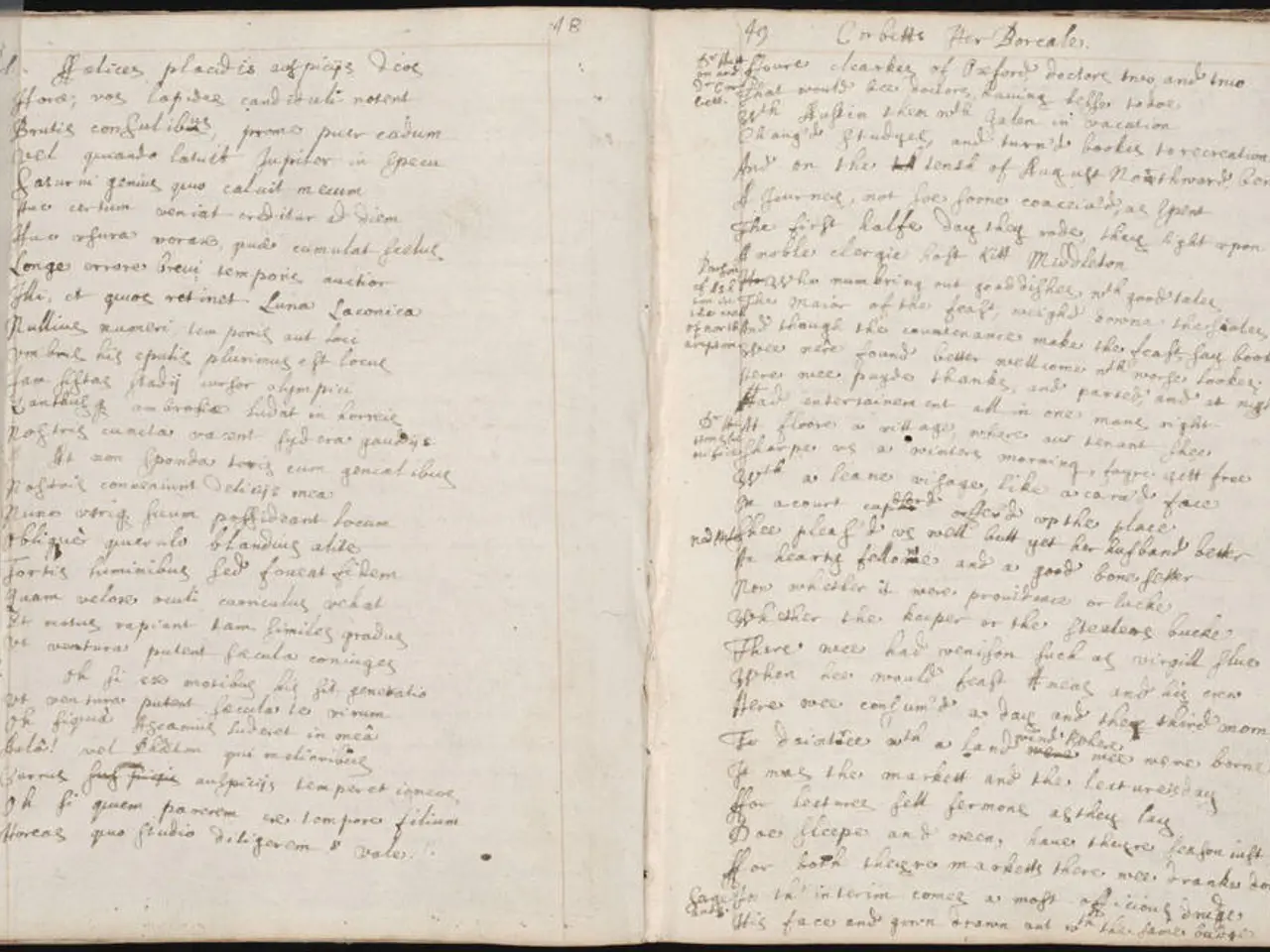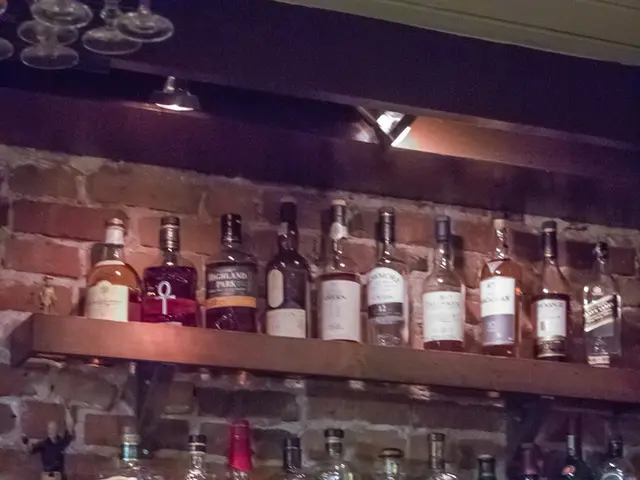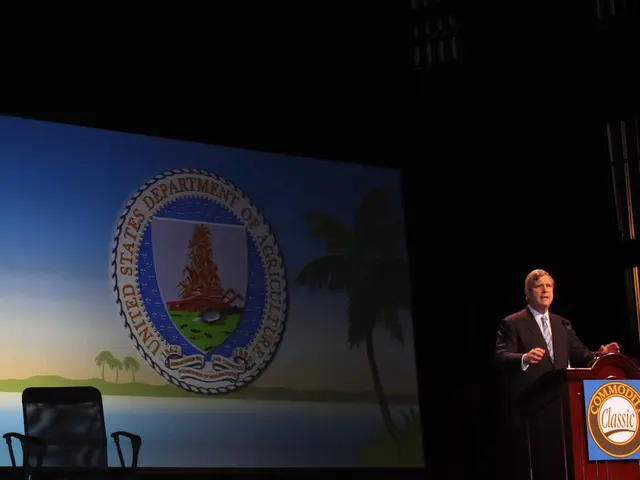Discrediting Misleading Data
In an increasingly digital age, the dissemination of accurate information has become more crucial than ever. A new wave of education is rising, aimed at teaching students how to navigate the online world and distinguish fact from fiction.
The Connected article, 'Fake facts: Misinformation, malinformation, and disinformation', serves as a comprehensive guide, discussing the use of these deceptive practices in online media and the human brain's response to them. A PDF resource, developed with the help of The Workshop, delves deeper, offering examples of bad science, misinformation, disinformation, common logical fallacies, and debunking and corrections of science reporting.
The Workshop, experts in framing, have drawn on data and insights from various disciplines, including psychology, linguistics, and oral storytelling, to create this resource. Their work on false information draws specifically on the work of Dr Jess Berentson-Shaw from her book 'A matter of fact: Talking truth in a post-truth world'. The resource is available under a Creative Commons Attribution Non-Commercial Share Alike International Licence, encouraging its use for non-commercial purposes.
In the realm of education, the News Literacy Project, an American educational programme, offers resources and services for educators, teaching students how to sort fact from fiction in the digital age. A study of 2,115 adults in 2024 suggested the vast majority of Australians were struggling to verify information online, regardless of their age, emphasising the need for such programmes.
To combat this issue, students can be taught to identify reliable information sources and recognise misinformation online through a multifaceted approach. Key steps include teaching source evaluation criteria, applying the P.R.O.V.E.N. method, promoting practical fact-checking skills, developing media literacy and responsible sharing practices, and building strategies to manage information overload and disinformation.
The 'Participating and contributing' strand provides more examples of socio-scientific issues/resources and how to include them into a science programme. The ClimateViz citizen science project, for instance, needs help interpreting climate change graphics to help counter misinformation and support scientific communication.
Other resources, such as Netsafe's useful resource on misinformation and disinformation, explain the different types of false information and why we can be misled by them. The Disinformation Project, which operated between 2020 and 2024 as New Zealand's only independent research group providing best-practice monitoring, research, and consulting on disinformation and its impacts, is another valuable resource.
Moreover, the use of evidence is crucial in supporting ideas and explanations, and resources like The Hub's Ethics thinking toolkit and resources can aid teachers in exploring ethical thinking with their students. Activities to help students learn how to counter false information include spotting misinformation, creating an inoculation campaign against manipulation tactics, and exploring socio-scientific issues like climate change, genetically modified foods, water fluoridation, and the ClimateViz citizen science project.
By integrating these approaches, educators help students become discerning consumers of information who can critically evaluate sources, recognise misinformation, and contribute to a more informed digital community. The Workshop also runs regular online training courses about false information, further equipping educators to tackle this pressing issue.
In conclusion, as the digital landscape continues to evolve, so too must our strategies for combating misinformation. By educating students on critical evaluation methods, practical fact-checking strategies, and guided media literacy interventions, we can empower the next generation to navigate the online world with confidence and discernment.
Science plays a significant role in the educational and self-development process, particularly in the era of increasing digitalization. This is exemplified by the resources available, such as The Workshop's guide on evaluating online information, which emphasizes the importance of distinguishing fact from fiction.
The multifaceted approach to learning about reliable information sources and identifying misinformation within these resources includes applying critical evaluation methods, practical fact-checking strategies, media literacy, and managing information overload. This education equips students to navigate the online world with discernment and contribute to a more informed digital community.








